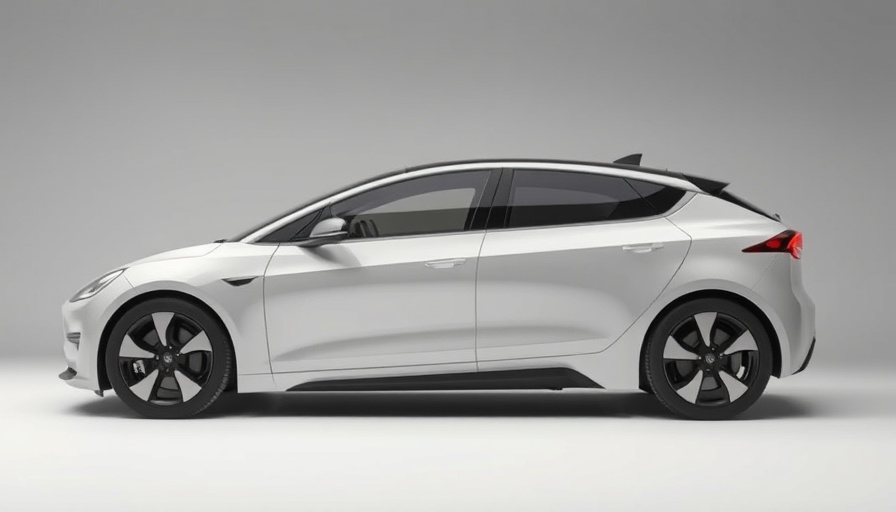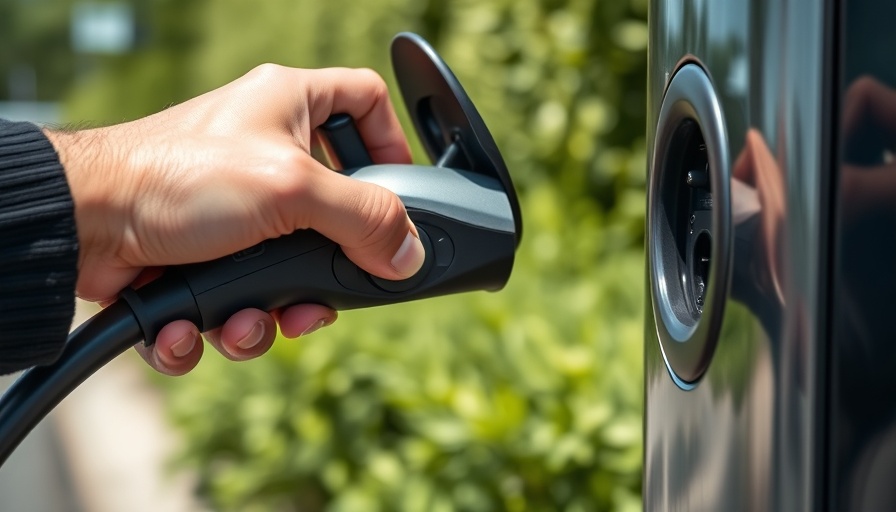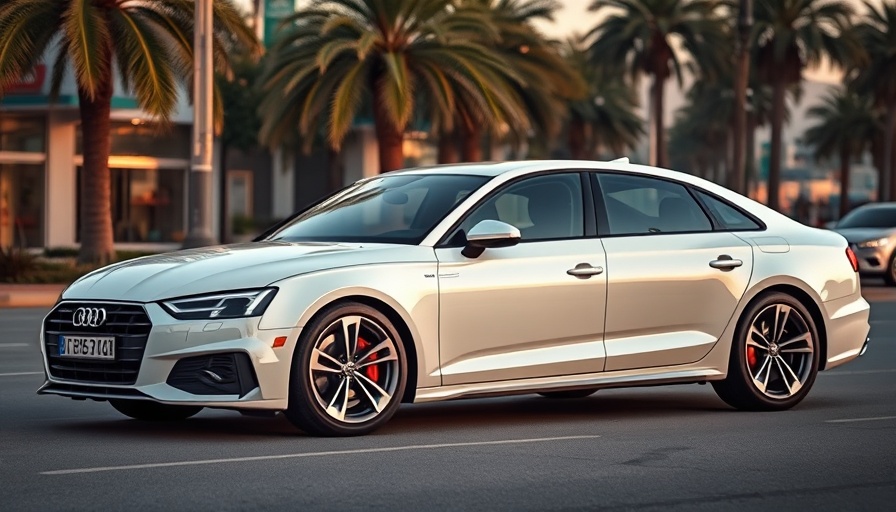
Can Electric Vehicle Startups Survive Financial Struggles?
The electric vehicle (EV) market has captured the imagination of consumers and investors alike, promising a cleaner future and innovative transportation solutions. However, the recent bankruptcy filing of Canoo, a once-promising EV startup, raises critical questions about the financial sustainability of emerging players in this rapidly evolving sector. With the company seeking Chapter 7 bankruptcy protection after failing to secure sufficient funding, the narrative around ambitious yet vulnerable startups comes into sharper focus.
Understanding the Chain Reaction in Startups
Canoo's struggles reflect a broader challenge faced by many startups in the EV arena. With advancing technologies and soaring consumer interest, companies often raise substantial capital to kick-start production and development. Canoo initially enjoyed a successful IPO, bringing in around $600 million. Yet, the costs associated with developing and manufacturing electric vehicles can be staggering, often leading companies to seek additional funding far too quickly rather than waiting to solidify their brands and prove their viability.
The Ripple Effects on the Automotive Industry
As Canoo prioritizes its liquidation process, the ripple effects will be felt throughout the automotive industry, especially among investors and suppliers who had ties to the startup. With a reported $164 million owed to creditors against just $126 million in assets, the aftermath of this bankruptcy could lead to a deeper scrutiny of other EV companies. Investors may now approach funding requests with heightened skepticism, prompting a more cautious approach when evaluating future investments in electric vehicle technologies.
Shifting Gears: The Future of EV Manufacturing
This situation raises a point worth considering: Is the current business model sustainable for startups in the electric vehicle market? As companies like Canoo pivoted their strategies—moving from subscription-based models to focusing on commercial vehicles and government contracts—the fragility of these new paths becomes evident. Established automotive brands may have an advantage, possessing the resources to weather market fluctuations and innovate with less risk.
Learning from Canoo’s Journey
What can other companies learn from Canoo's tumultuous path? Stakeholders must recognize the importance of a solid financial foundation before expanding operations. Additionally, reliable partnerships and constancy in decision-making are key elements that can help prevent similar outcomes. Emerging startups should seek to establish robust funding strategies, a detailed market analysis, and a steadfast commitment to their original vision, even amidst challenges that may prompt changes in direction.
Final Thoughts
Canoo’s fate serves as a cautionary tale within the burgeoning electric vehicle landscape. It underscores the urgent need for startups to prioritize sound financial management and strategic partnerships. As consumers continue to embrace electric vehicles, the path forward requires resilience and ingenuity, not only for individual companies but for the entire automotive industry aiming to transition towards greener technologies.
 Add Row
Add Row  Add
Add 




Write A Comment